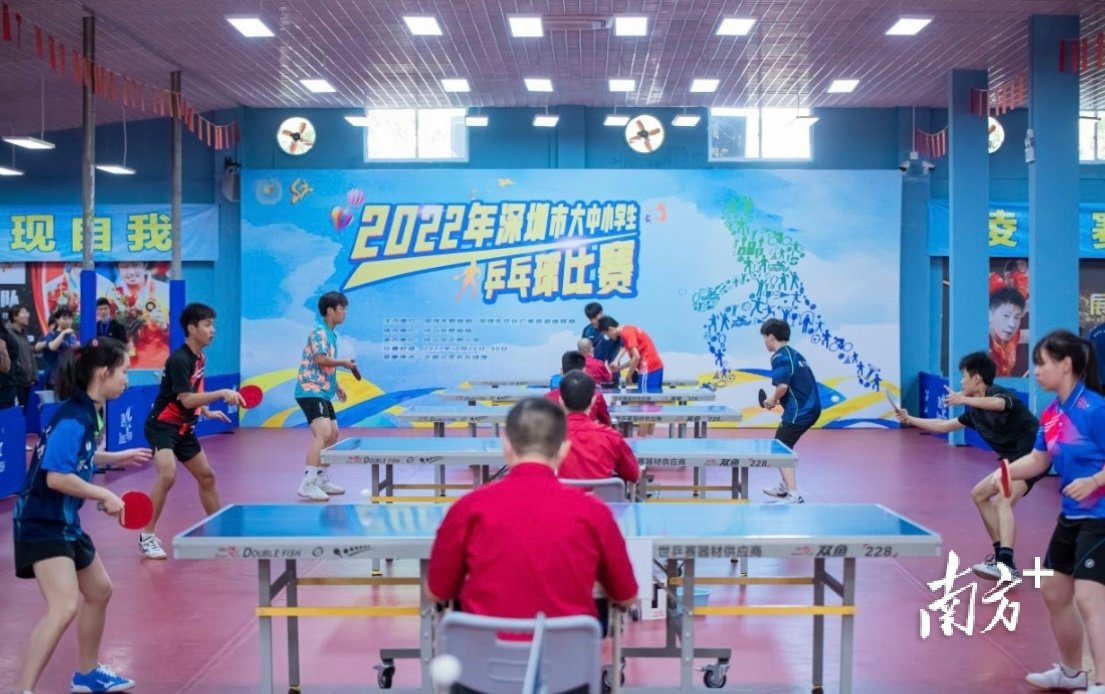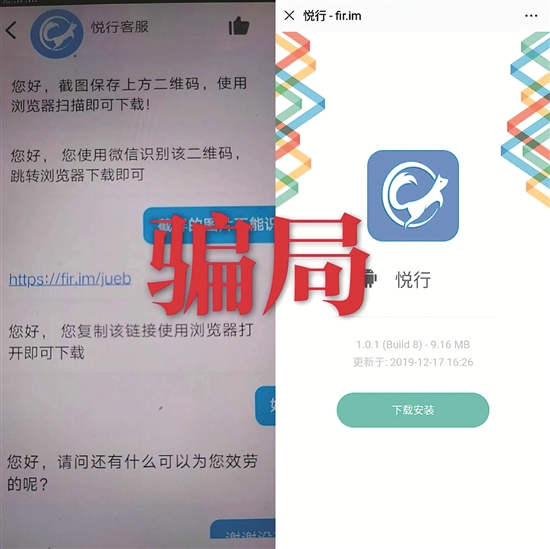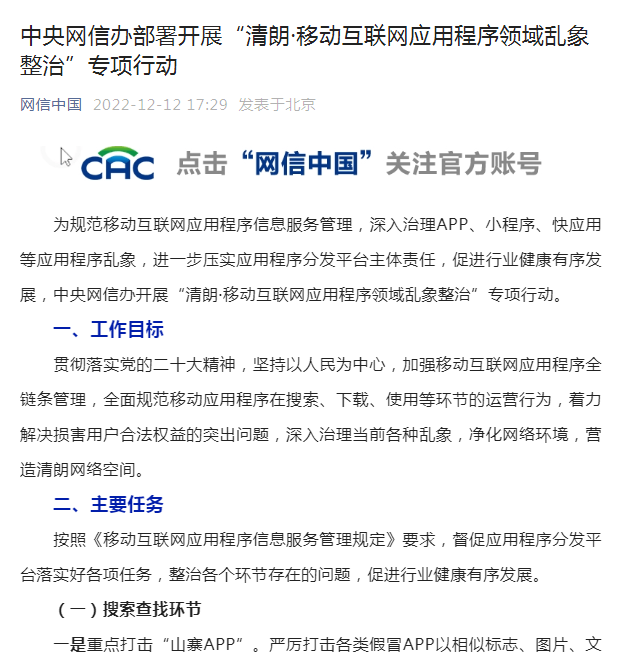仁爱版七年级英语下册unit5 Topic1单词及知识梳理

unit5 Topic1单词
gate :n.大门 [geɪt]
by : prep.(表示方式,如乘车等);按照adv.经过 [baɪ]
subway: n.地铁
=underground [ˌʌndəɡraʊnd] [sʌbweɪ]
by subway 乘地铁
always: adv.总是,一直 [ɔːlweɪz]
come on 快点儿;加油;来吧
on foot 步行
plane :n.飞机 [pleɪn]
train :n.火车;v. 培训,训练 [treɪn]
ship :n.(大)船,轮船,舰 [ʃɪp]
boat: n.小船,舟 [bəʊt]
weekday :n.工作日 [wiːkdeɪ]
early:adj.早的;提早的adv.早地;提早[ɜːli]
bird :n.鸟 [bɜːd]
catch :v.捉住;接住;染上(疾病)[kætʃ]
worm:n.软体虫,蠕虫(尤指蚯蚓)[wɜːm]
sometimes :adv.有时 [sʌmtaɪmz]
seldom :adv.很少 [ˈseldəm]
walk: v.& n.步行;散步 [wɔːk]
never :adv.从不 [nevə]
ride : v.骑(自行车、马等)[raɪd]
park:n.公园;v.停(汽)[pɑːk]
watch:v.观看;当心;n.手表 [wɒtʃ]
television:n.电视;电视机 =TV
[ˈtelɪˌvɪʒən]
watch TV 看电视
soccer:(football BrE) n.足球(运动)
[ˈsɒkə]
movie:n.电影film [ˈmuːvi]
begin:v.开始 [bɪgɪn]
at school 在学校;在上课
after:prep.在…后conj.在…以后 [ɑːftə]
bed n.床 [bed]
basketball : n.篮球 [bæskɪtbɔːl]
swim : v.& n.游泳
[swɪm] go swimming 去游泳
listen :v.(注意地)听 [lɪsn]
music :n.音乐;乐曲 [mjuːzɪk]
library:n.图书馆,图书室 [laɪbrəri]
week:n.星期,周 [wiːk]
once:adv.一次;曾经conj.一旦[wʌns]
twice:adv.两次;两倍 [twaɪs]
great:adj.伟大的;好极的 [greɪt]
wall:n.墙 [wɔːl]
the Great Wall长城
life:n.生活;生命 [laɪf]
American:adj.美国的n.美国人[əmerɪkən]
or:conj.或者;否则 [ɔː]
over:adv.结束;穿过;多于prep.在…上面[əʊvə]
more:det.更多的;adv.更多(much或many的比较级)[mɔː]
talk : n. v.&n.谈话[tɔːk]
Unit5 Topic1知识梳理
重点短语:
1. on foot 步行
go …on foot = walk ( to )…
2. at the school gate
在学校大门口
3. on weekdays
在平日 ,在工作日
4. on weekends=on the weekend
在周末
5. after school 放学后
6. after class 下课后
7. after breakfast / lunch / supper
早餐 / 午餐 / 晚餐后
8. in ones free time
在某人空闲时间
9. have a rest 休息一下
10. read books 读书
11. go swimming 去游泳
12. listen to music 听音乐
13. watch TV 看电视
14. do(one’s) homework 做作业
15. go to the zoo / park
去动物园 / 公园
16. once a week 一周一次
17. every day 每天
18. have classes 上课
19. for a little while 一会儿
20. go to bed 上床睡觉
21. come on 快点,加油,来吧
22. get up 起床
23. talk with / to sb.与某人谈话
24. at school 在学校、在上课
25. go to school 去上学
26. and so on ……等等
重点句型:
1. --Happy New Year!
--The same to you.
2. --Your new bike looks very nice.
--Thank you.
3. --How do you usually come to school?
--I usually come to school by subway.
4. --How often do you go to the library?
--Once/Twice/Three times a week/Very often/Every day/Sedom
6. The early bird catches the worm.
(谚语) 笨鸟先飞
7. Work / Study must come first.
工作/ 学习必须放在第一位!
8. Classes begin at eight.
=Class begins at eight.
9. What time does the class begin?
What time do the classes begin?
10. We have no more time.
我们没有更多的时间了。
11. I have four classes in the morning and two in the afternoon.
我早上上四节课,下午上两节。
12. She goes to bed at about a quarter to ten.
她九点四十五分睡觉。
重点语法:一般现在时
一般现在时(常与频度副词never, seldom, sometimes, often,usually等连用)
一般现在时表示:
(1)现在所处的状态。Jane is at school.
(2)经常或习惯性的动作。I often go to school by bus.
(3)主语具备的性格和能力。He likes playing football.
(4)客观真理。The earth goes round the sun.
常用的时间状语:often, always, usually, sometimes, every day等等。
行为动词的一般现在时,助动词是do/don’t和does/doesn’t.
当主语是第一、二人称和所有复数形式时,行为动词用原形。
肯定式:I go to school on foot.
否定式:I don’t go to school on foot.
疑问式:Do you go to school on foot? —Yes, I do. —No, I don’t.
当主语是第三人称单数时,动词用第三人称单数形式,在词尾加-s或-es。
肯定式:He goes to work by bus.
否定式:He doesn’t go to work by bus.
疑问式:Does he go to work by bus? —Yes, he does. —No, he doesn’t.
声明:来源于网络,如有侵权请联系删除!














